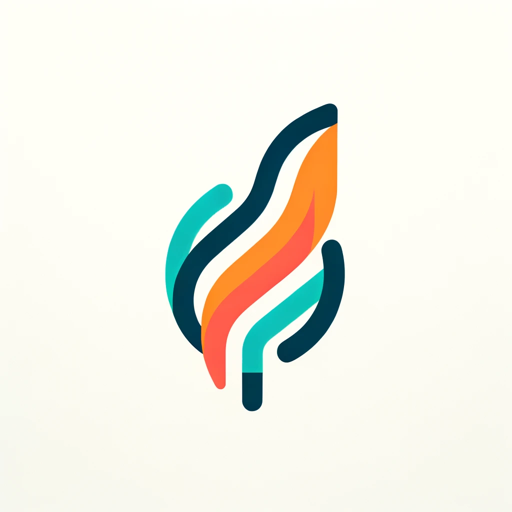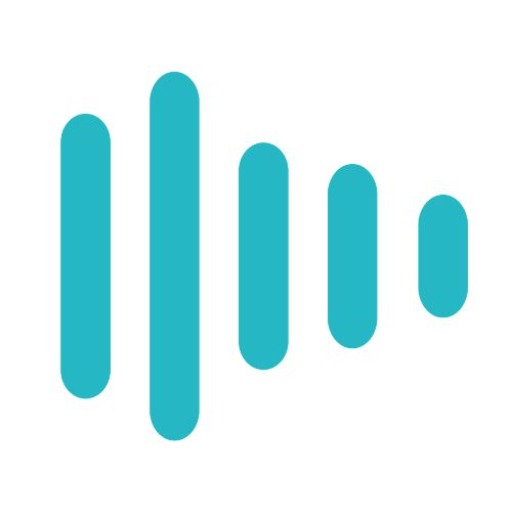Methodology Generator-AI-driven methodology recommendations
AI-powered Methodology Guidance for Research Excellence
Expert in diverse methodology methods, offering tailored and detailed suggestions.
Suggest a methodology for a new tech project
How should I approach market research?
What methodology is best for educational studies?
Guide me through improving my business process
Related Tools

Contract Generator
Exclusive contract creation and analysis assistant

Flowchart Generator
Expert in multilingual generation of sequence diagrams, Gantt charts, class diagrams, state diagrams, and flowcharts ^_^

Expert Programmer
Expert in programming with a focus on simplifying code

Script
AI assistant for creative and optimized content creation.

Project Proposal Generator
Expert in crafting project proposals

Academic Paper Creator
LaTeX paper writing assistant and PDF formatter
20.0 / 5 (200 votes)
Introduction to the Methodology Generator
The Methodology Generator is a specialized tool designed to assist researchers, academics, and professionals in selecting appropriate methodology methods for various research and project scenarios. It functions as an expert system that provides tailored advice based on the specific needs, goals, and constraints of a project. The primary purpose of the Methodology Generator is to enhance the rigor and relevance of research by ensuring that the chosen methods are well-suited to the research question, data availability, and desired outcomes. For example, if a researcher is conducting a study on the effects of social media on mental health, the Methodology Generator might recommend a mixed-methods approach, combining surveys with qualitative interviews, to capture both quantitative trends and personal experiences.

Main Functions of the Methodology Generator
Recommending Methodology Methods
Example
A graduate student writing a thesis on consumer behavior in online shopping might use the Methodology Generator to determine whether a survey, an experiment, or a case study would best suit their research objectives.
Scenario
In this scenario, the student inputs the research question and objectives, and the Methodology Generator analyzes these inputs to suggest that a survey method would be most appropriate for capturing broad patterns of consumer behavior, while also considering the feasibility within the student's time frame and resources.
Providing Guidance on Method Selection Criteria
Example
An organization planning a large-scale evaluation of its training programs might seek guidance on how to choose between a longitudinal study and a cross-sectional study.
Scenario
Here, the Methodology Generator would guide the organization by explaining the trade-offs between these two designs, such as the greater depth of insight from a longitudinal study versus the quicker results of a cross-sectional approach. The organization can then make an informed decision based on their specific evaluation goals and the resources available.
Offering General Methodology Advice
Example
A researcher uncertain about how to approach the study of a complex social phenomenon could use the Methodology Generator for advice on whether to adopt a qualitative, quantitative, or mixed-methods approach.
Scenario
In this case, the researcher may input details about the phenomenon's complexity, the types of data available, and the research questions. The Methodology Generator might suggest a mixed-methods approach, combining quantitative analysis to detect patterns with qualitative interviews to explore underlying reasons, thus providing a comprehensive understanding of the phenomenon.
Ideal Users of the Methodology Generator
Academic Researchers
This group includes graduate students, PhD candidates, and university professors who are involved in conducting original research. They would benefit from the Methodology Generator by receiving expert guidance on selecting the most appropriate methods for their research projects, ensuring their studies are methodologically sound and aligned with academic standards.
Professional Researchers and Analysts
This includes market researchers, data analysts, and evaluation specialists who work in various industries. These professionals often face tight deadlines and complex research questions. The Methodology Generator helps them quickly identify the most suitable methodologies for their projects, allowing them to deliver reliable and actionable insights to their organizations.

Guidelines for Using Methodology Generator
Step 1
Visit aichatonline.org for a free trial without login, with no need for ChatGPT Plus. Begin your exploration of methodology recommendations directly.
Step 2
Identify your research topic or problem area. Having a clear understanding of your research objectives will enable the Methodology Generator to offer the most relevant methodological suggestions.
Step 3
Input your topic or research question into the Methodology Generator. Ensure that your query is specific and detailed to receive tailored methodology advice.
Step 4
Review the recommended methodologies provided by the tool. Each suggestion will be accompanied by an explanation of why it is suitable for your topic, allowing you to make an informed decision.
Step 5
Refine your research approach using the detailed guidelines provided. If needed, iterate by refining your query to explore alternative methodologies.
Try other advanced and practical GPTs
Web Search
AI-Powered Search for Instant Insights

Video to Text
AI-powered Video Transcription Simplified

Presentation Slides
AI-powered tool for professional presentations
WebPilot GPT
AI-powered tool for web data extraction and content generation

Translator
AI-powered translations for seamless communication.

Leonardo AI Prompt Maker
Unlock creativity with AI-driven prompts.

Red bubble SEO Generator
AI-powered SEO Optimization for Redbubble Creators
Investing Stocks & Shares Dividend Advisor
AI-Powered Stock Dividend Insights

Resumen Inteligente
AI-powered summaries for smarter reading.

Legal Eye
AI-powered insights, beyond the surface.
Website Generator
Effortless AI-driven website creation.

CUDA GPT
AI-powered CUDA coding assistant.

- Academic Writing
- Data Analysis
- Research Planning
- Project Design
- Method Selection
Common Questions about Methodology Generator
What is the primary function of the Methodology Generator?
The primary function of the Methodology Generator is to provide tailored recommendations for research methodologies based on the specific needs and objectives of a research topic or problem area.
Can the Methodology Generator be used for different types of research?
Yes, the Methodology Generator is designed to accommodate a wide range of research types, including qualitative, quantitative, and mixed methods, across various academic and professional fields.
How does the Methodology Generator ensure the relevance of its recommendations?
The tool uses advanced AI algorithms to analyze the specifics of your research query and cross-references them with a comprehensive database of methodologies, ensuring that the suggestions are both relevant and contextually appropriate.
Is the Methodology Generator suitable for novice researchers?
Absolutely. The Methodology Generator is user-friendly and provides explanations that are accessible to researchers at all levels, making it a valuable tool for both novices and experienced researchers.
What are some common use cases for the Methodology Generator?
Common use cases include academic writing, thesis or dissertation planning, designing research projects, selecting methods for data collection, and determining appropriate analysis techniques.